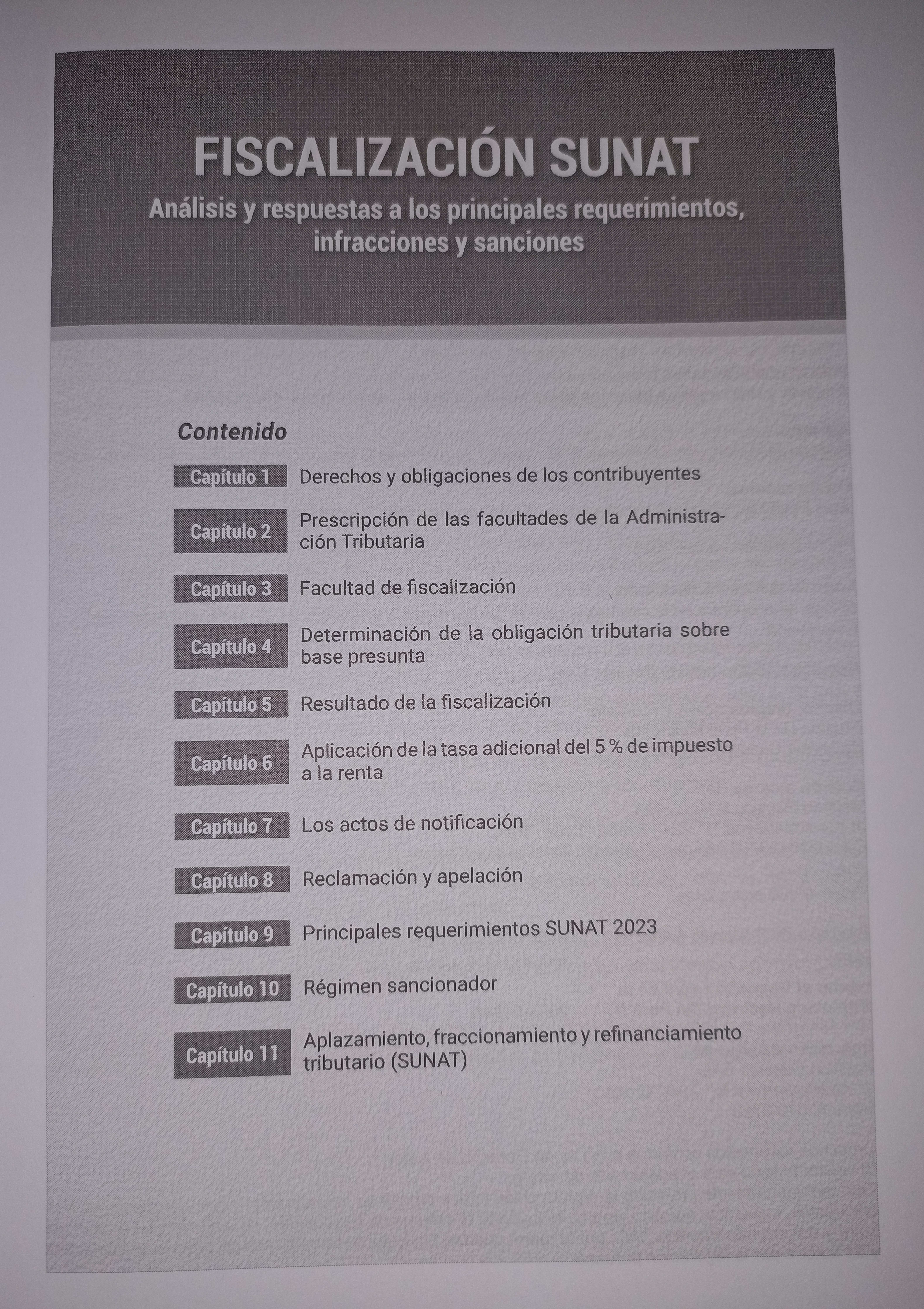[Visto: 2346 veces]
CONDICIONES DE TRABAJO: ALGUNAS CONSIDERACIONES TRIBUTARIAS
MARIO ALVA MATTEUCCI
ABSTRACT
For workers to be able to perform their work without problems, employers provide them with certain goods, which in doctrine are known as “working conditions”, which do not qualify as a remunerative advantage in favor of the worker but allow them to provide their services better. These conditions do not qualify as a remunerative concept, for which reason they are not subject to fifth category income tax withholding. However, there may be cases in which the granting of the working conditions does constitute a benefit in favor of the employee, for which reason it would qualify as a remunerative advantage, and therefore it will be subject to the withholding of the fifth category income tax.
KEYWORDS:
subordination / employment income / fifth category / working condition / remuneration / dependency relationship / remunerative concept
TITLE: Working Conditions: Some Tax Considerations
RESUMEN
Para que los trabajadores puedan desarrollar sus labores sin problemas, los empleadores les entregan ciertos bienes, que en doctrina se les conoce como “condiciones de trabajo”, los cuales no califican como una ventaja remunerativa a favor del trabajador, sino que permiten prestar mejor sus servicios. Estas condiciones no califican como concepto remunerativo, motivo por el cual no se encuentran afectas a la retención del impuesto a la renta de quinta categoría. Pese a ello, pueden presentarse casos en los cuales el otorgamiento de las condiciones de trabajo sí constituye un beneficio a favor del trabajador, motivo por el cual ello sí calificaría como una ventaja remunerativa, por lo que se encontrará sujeto a la retención del impuesto a la renta de quinta categoría.
PALABRAS CLAVE:
subordinación / rentas de trabajo / quinta categoría / condición de trabajo / remuneración / relación de dependencia / concepto remunerativo
Si desea revisar el informe completo (SOLO EN ESPAÑOL) debe ingresar aquí: CONDICIONES DE TRABAJO – ALGUNAS CONSIDERACIONES TRIBUTARIAS
If you want to review the full report (ONLY IN SPANISH) you must enter here: CONDICIONES DE TRABAJO – ALGUNAS CONSIDERACIONES TRIBUTARIAS

